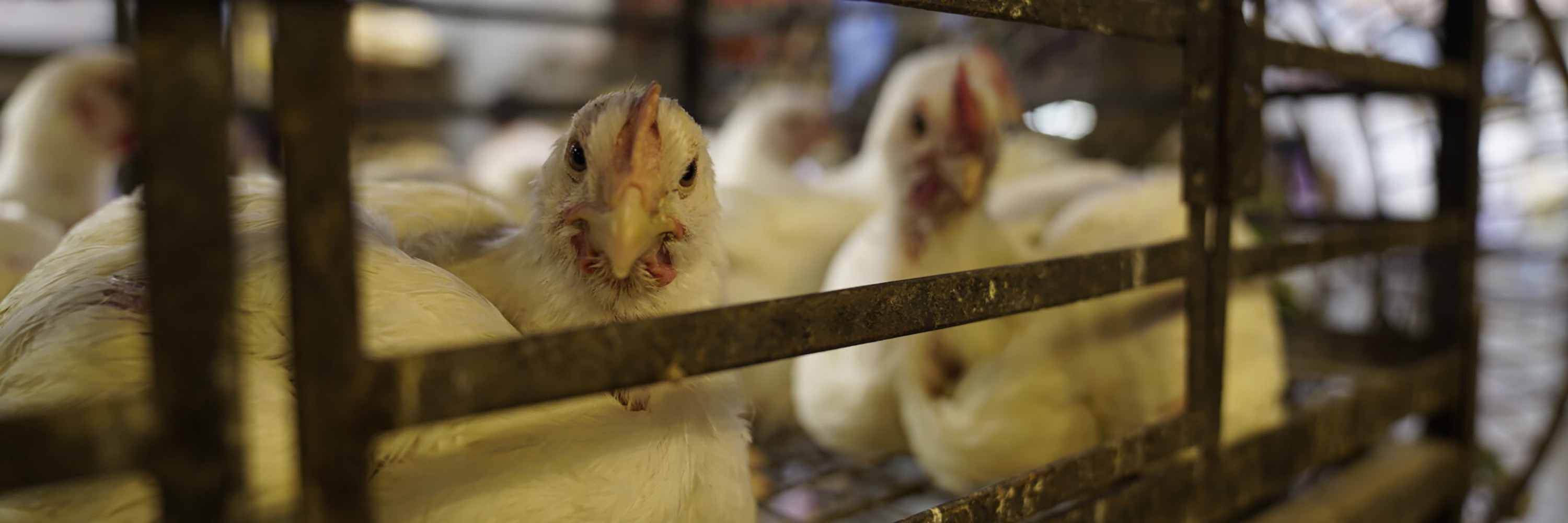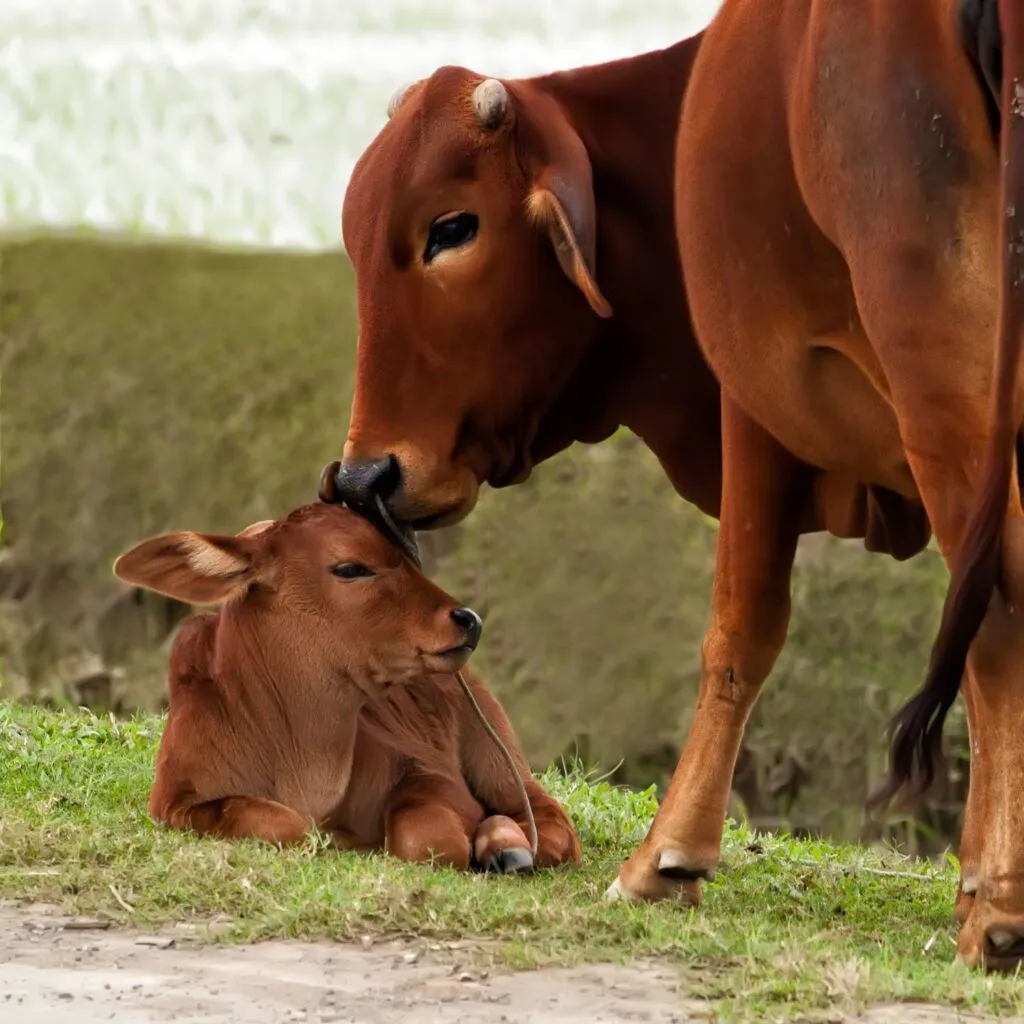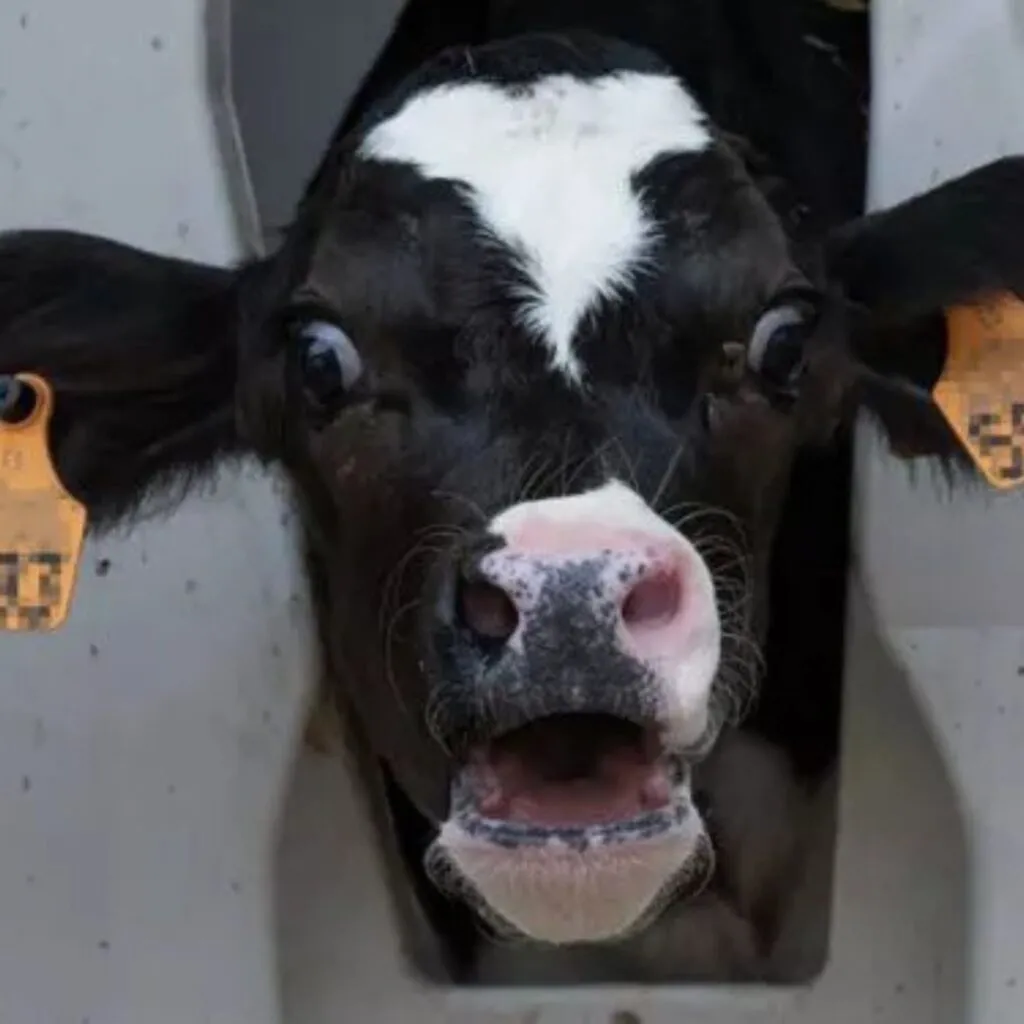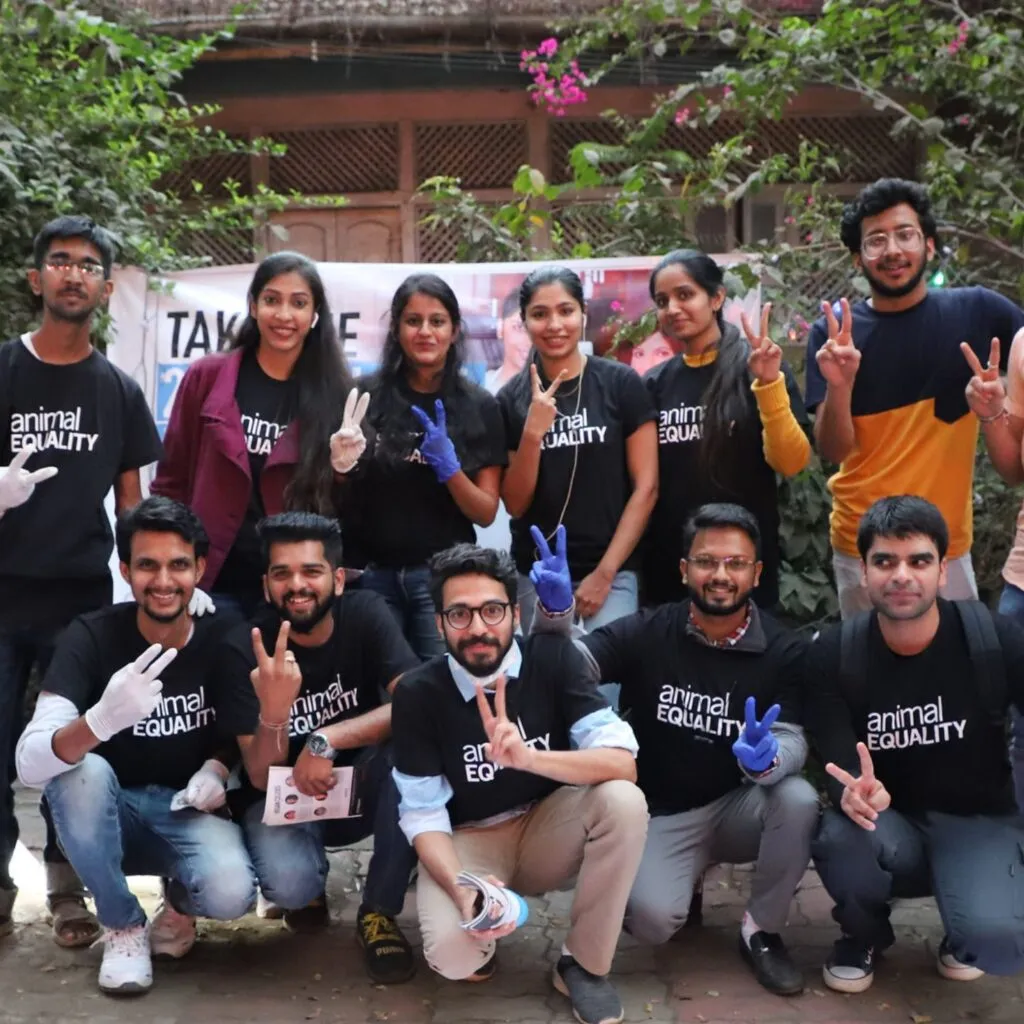

Are we going to face more pandemics like Covid19 in future?
Practices that could trigger future pandemics
SARS-CoV2 is a zoonotic virus, which means it has been transmitted from animals to humans. The source of the virus can be attributed to the prevalence of wet or live animal markets and the consumption of wild animals worldwide. Furthermore, rearing, slaughtering, and consuming farmed animals like pigs and chickens can also transmit viruses like the bird flu or swine flu viruses. Apart from this, the rampant spread of the virus at such a fast rate can be attributed to our increasing population and crowding in public spaces.
Solutions to avoid future pandemics
Professor Cock Van Oosterhout offers the following solutions in his editorial.
- Control and reduce evolution of zoonotic pathogens
Farm animals are host to a vast number of pathogens that pass through animals and infect humans. Professor Oosterhout states that years of intensive breeding have made livestock and other animals a “mixing vessel” for the evolution of zoonotic pathogens that can spread and transmit from animals to humans.
To prevent future outbreaks of such pathogens, it is important to control the transmission and flow of pathogens. The professor suggests that reducing the gene flow of these pathogens is possible if we change our old habits.
Formulating global strategies to prevent emerging risks and prepare for future outbreaks, along with sustainable solutions, can make a huge difference. Research must also be conducted to identify and predict host species that can lead to emerging infectious diseases.
Apart from this, we must stop destroying forests and natural habitats, which are the biodiversity hotspots. This will help preserve nature and the wildlife, decrease human and wildlife interactions, reduce the risk of pathogens being transmitted, and help avert a possible future pandemic.
2. Reduce consumption of animal protein
The animal industry has grown tremendously over the years, resulting in a huge livestock population, which must be fed and kept. This has resulted in the destruction of forest cover to grow fodder. It has also resulted in land and water pollution. More importantly, livestock is responsible for 14.5% of all greenhouse gas emissions, which can accelerate climate change and global warming. Climate change can also cause pathogens to mutate and spread through different ways.
Consuming products obtained from animals carrying dangerous pathogens can be a huge potential risk for future pandemics. Furthermore, the slaughter and disposal of infected animals can pose a bigger threat and spread pathogens through sources like air, water, and soil. This can result in deadlier pandemics than the COVID-19 one.
Cutting down on animal products can help prevent environmental damage and keep us safe from zoonotic pathogens. Adopting a plant-based diet can also help eliminate the need for factory farming and animal markets altogether.
If we continue our old habits, increasingly life-threatening pandemics have the potential to emerge. However, keeping Professor Cock Van Oosterhout’s solutions in mind and acting on it can really help us and the concerned animals stay safe and healthy. A world free from pandemics can become a reality if we consciously change our ways and adopt a cruelty-free, compassionate lifestyle.
Recommended



